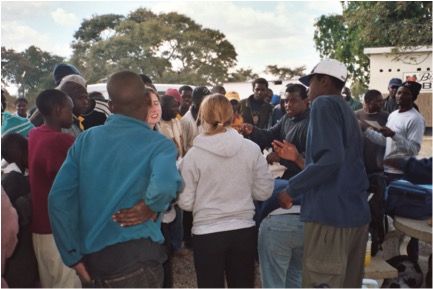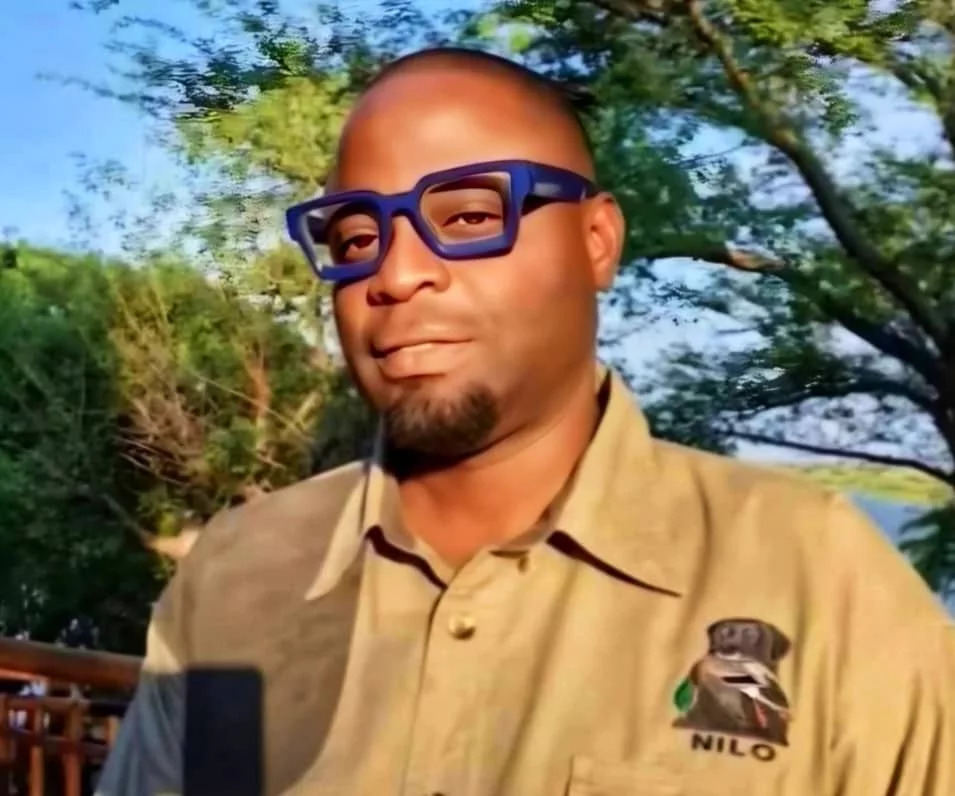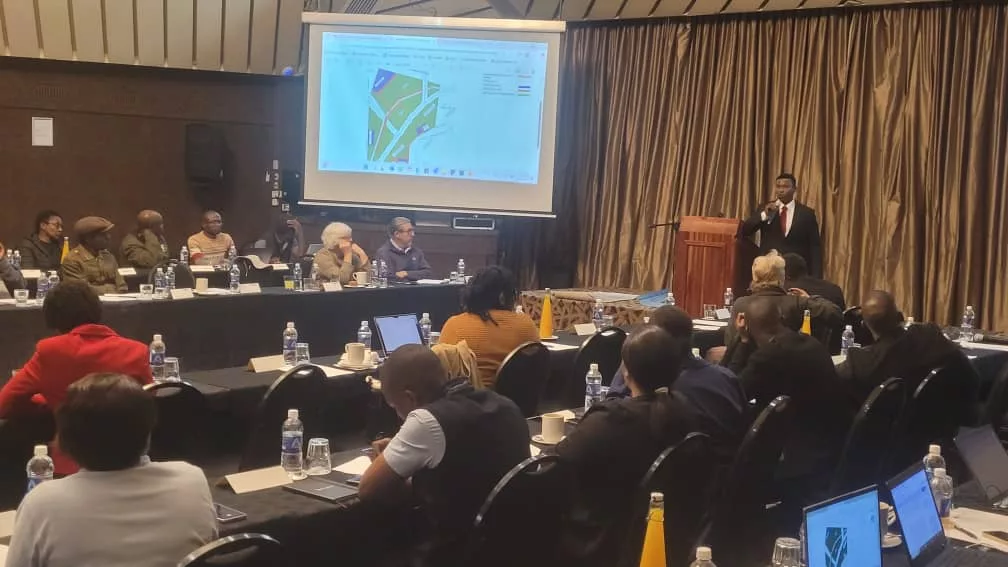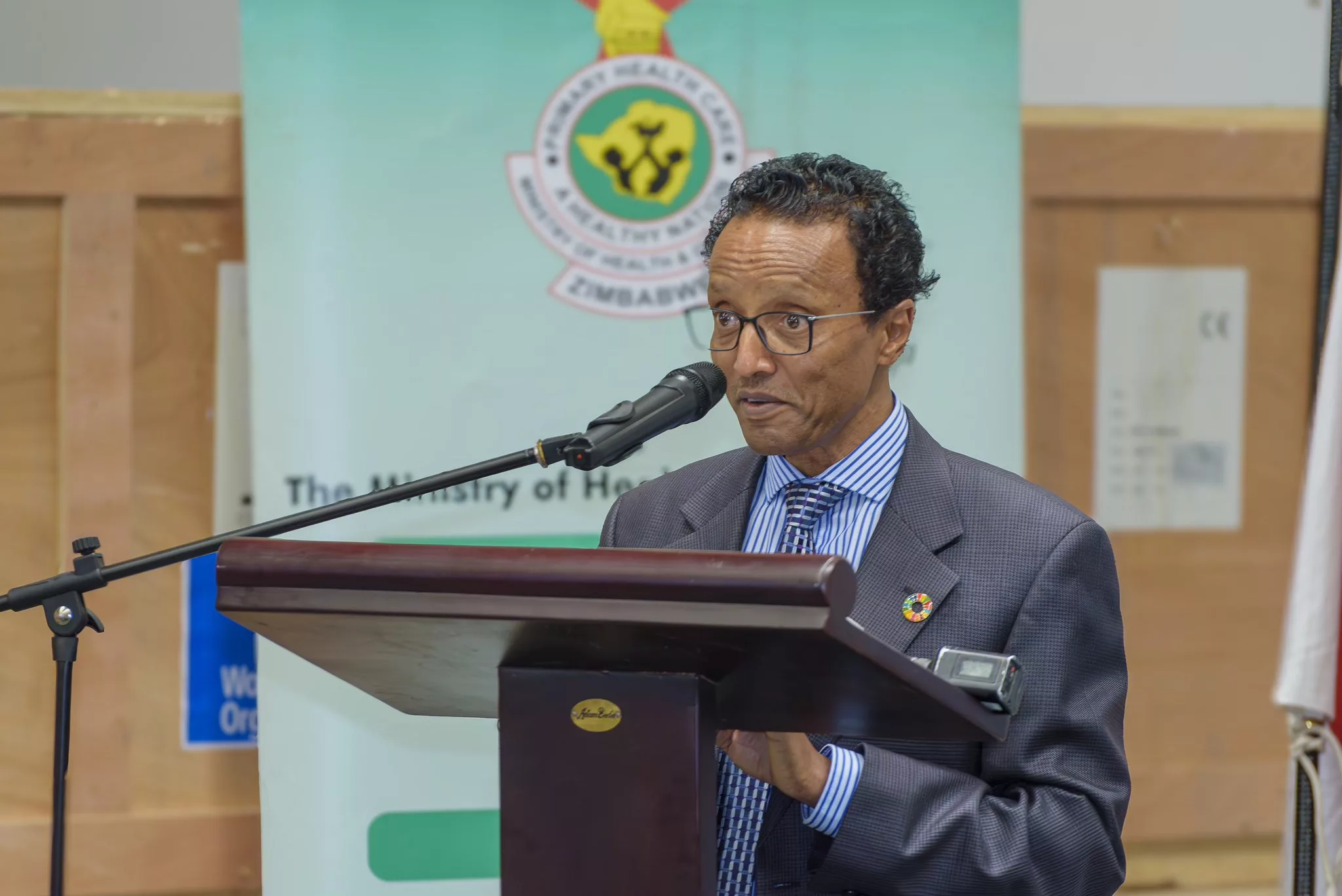The Zimbabwe Community Health Intervention Research (ZiCHIRe) trained Harare mentors for the Brotha2Brotha (B2B) programme.
This is a sport-oriented initiative that seeks to mentor boys into responsible young men.
There is a gap in terms of addressing boys and young men’s needs. Adolescent girls and young women and key populations needs were given priority by donors.
There is a need to increase their urgency to access SRHR and improve their health needs. Research has shown that over 60 percent of young people are using illicit drugs. They lack accurate information on youth-friendly health services.
Southern African young people are lagging behind as compared to other population groups in terms of HIV knowledge, HIV testing, treatment, and prevention. In 2016, around 610 000 new HIV infections were recorded among youths (15 – 24 years) and 41% of these were young men.
In Zimbabwe, only 36% of young men have basic knowledge on how to protect themselves from HIV, half of the young men in Zimbabwe do not know their status and are less likely to start HIV treatment than women (DHS, 2016).
“An estimated 60% of youths in Zimbabwe use illicit drugs, with 66% of them being male users yet these young men and boys are usually marginalized from health and development focused programs which mainly target women and girls. More so, some of these boys are faced with same vulnerabilities as the girls like orphaned, drop out of school, live in poverty and become heads of households at very young ages yet no programs have sought to target such boys and young men,” said Walter Chikanya, the ZiCHIRe Director in an interview with Spiked Online Media recently.
The Zimbabwe Population-based HIV Impact Assessment (ZIMPHIA) results show that HIV infection among young women predominantly come from young men, as opposed to trends from previous years where young women would mostly get infected by adult men (sugar daddies).
Brotha2brotha clubs run by ZiCHIRE in partnership with the National AIDS Council (NAC), are mentorship groups for vulnerable adolescent boys and young men. These clubs offer safe, youth-friendly, and comprehensive SRH information. This is a sport-centered intervention that uses a community-based approach.
The goal is to groom the youths into responsible men and reduce HIV, STI and GBV incidences. The clubs serve as information centers for troubled young men and offer referral pathways for Health and GBV services. Each mentor will have a group of 25 boys and conducts 24 sessions over a 12 months period. The sessions are conducted in community halls, soccer clubs and playgrounds.






